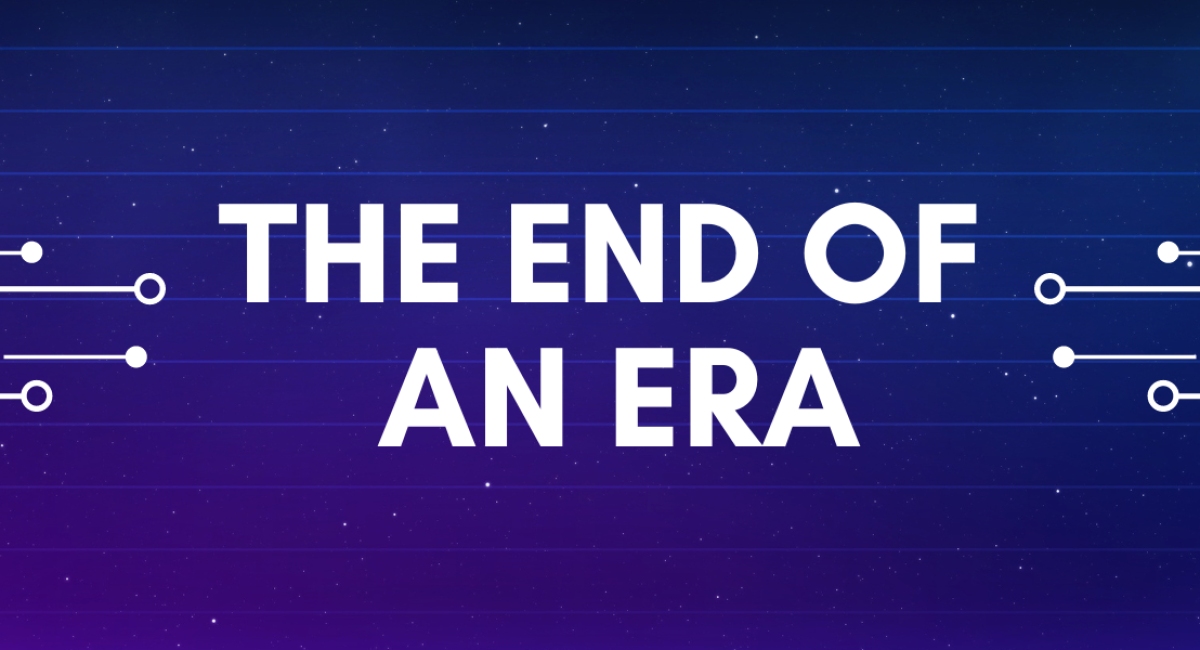As technology continues to advance at a rapid pace, we at TSAChoice believe it is essential to keep up with the latest updates and security patches to ensure the smooth operation of your IT infrastructure. In our most recent blog post, we will discuss the significance of the end of life for Windows Server 2012 R2 and why it's crucial to upgrade to a supported version.
What is End of Life (EOL)? End of Life (EOL) refers to the date when a particular software product, such as an operating system or application, is no longer supported by its developer. After the EOL date, the software vendor ceases to provide security updates, bug fixes, and technical support for that version.
Windows Server 2012 R2: Windows Server 2012 R2, released on October 18, 2013, has been a reliable and widely used server operating system for many organizations. However, all good things must come to an end. On October 10, 2023, Microsoft officially ended support for Windows Server 2012 R2, marking the end of an era.
Implications of End of Life:
- Security Risks: The most significant concern with using an unsupported operating system is the increased vulnerability to security threats. Without regular security updates, your server becomes an easy target for hackers, leaving your organization's data and sensitive information at risk.
- Compliance Issues: Many industries have specific compliance requirements and regulations that must be followed. Running an unsupported operating system can lead to non-compliance, resulting in potential legal issues and reputational damage.
- Lack of Technical Support: After the EOL date, Microsoft no longer provides technical support for Windows Server 2012 R2. This means you won't receive assistance or guidance from Microsoft if you encounter any issues or need help troubleshooting.
- Software Compatibility: As time progresses, newer software applications and frameworks are developed to take advantage of the latest features and improvements. Running an unsupported operating system may limit your ability to install or run newer software, potentially hindering your organization's productivity and growth.
The Need for an Upgrade: To address the risks associated with running an unsupported operating system, it is crucial to upgrade to a newer, supported version of Windows Server. Upgrading to a supported version offers several benefits:
- Security Updates: Supported operating systems receive regular security updates from Microsoft, ensuring that vulnerabilities are patched promptly, reducing the risk of data breaches and cyberattacks.
- Continued Technical Support: With a supported version, you can benefit from Microsoft's technical support services, accessing valuable resources and assistance when needed.
- Enhanced Features and Performance: Newer versions of Windows Server often come with advanced features, improved performance, and better compatibility with modern software and hardware, helping your organization stay competitive and efficient.
- Compliance and Peace of Mind: Upgrading to a supported version ensures compliance with industry regulations and provides peace of mind, knowing that your infrastructure is backed by ongoing support and security updates.
Windows Server 2012 R2 had a long and successful run, but all good things must come to an end. With its end of life, it's crucial to plan and execute an upgrade to a supported version of Windows Server. By doing so, you can safeguard your organization against security risks, ensure compliance, and benefit from ongoing technical support. Embrace the future and stay ahead of the curve by keeping your IT infrastructure up to date.




